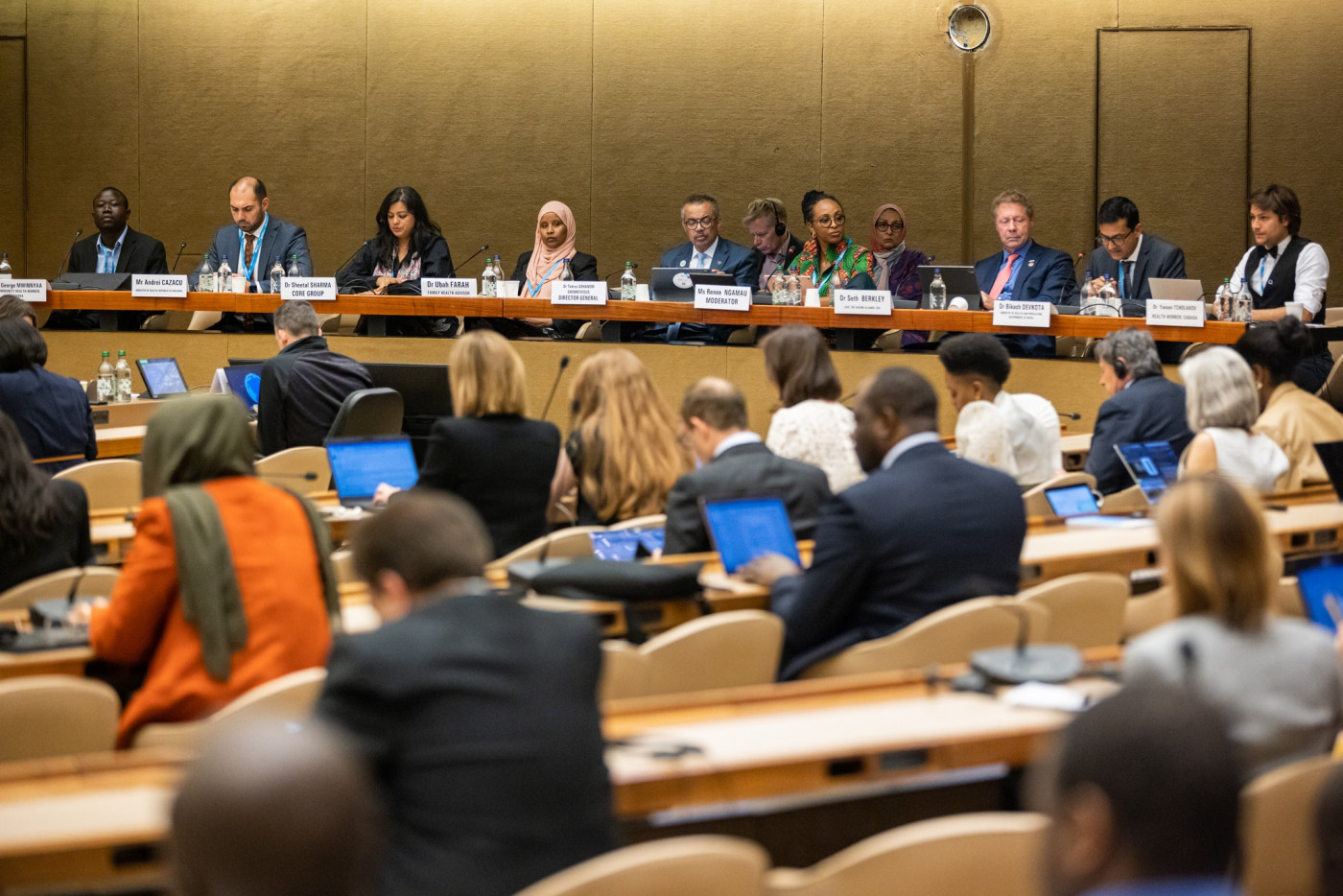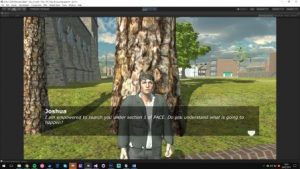Students and staff from the Department of Events & Leisure in the Faculty of Management recently attended an exclusive charity reception hosted by the Fastforward15 mentor programme at Basement at The London Edition, where more than £3,500 was raised, with proceeds going to Newlife Foundation, The Prince’s Trust and The Clink.

The Fast Forward 15 mentoring programme is a not for profit initiative spanning the events, hospitality and related industry providers, giving access to and insight from some of the leaders in these fields; an inspiring portfolio of influential and select talent who are willing to share their knowledge and experience with budding stars of the future. Fastforward15 founder and MD of Zibrant Fay Sharpe was on hand to support the charity event and took the time to meet with the students and encourage applications from our students.
Final year events management students Kateryna Spivek, Kathleen McLoughlin, Daisy Collins and Freya Hill attended along with Department of Events & Leisure staff Dr Debbie Sadd & Dr Mary Beth Gouthro. The students were impressed to not only meet course alumni as FastForward15 mentees, Hannah Coleman and Lauren Glynn, but got to network with other course graduates who are currently established in the industry, eg Chris Middleton of Cievents, Katie Frettingham of Live Union and Laura Dennett of Zibrant.

Freya Hill, final year student said ‘a Night of Sparkle was a fantastic chance to meet people in all areas of the events industry – be it agency or in house. Each person I spoke to had a different perspective on the importance of events education – a topic also relevant to my dissertation. It was particularly inspiring to speak to BU grads and current Fast Forward 15 mentees and to hear of the many opportunities they have been given thanks to their degree as well as the fast forward 15 programme and their mentors’.
Student Kathleen McLoughlin also added ‘…from what we saw and from who I had a chance to speak to, the scheme has opened many doors for the mentees and they have accomplished so much in their year with their mentors. It was an honour to speak to Fay Sharpe herself, a very influential woman who has inspired me to apply for the scheme to aim for success!’
Fundraising activities on the night included a jewellery sale courtesy of Newlife, while raffle prizes were donated by firms including All About Flights, Green Route Africa, One & Only Cape Town, MICEBOOK and The Savoy. Following the success of its inaugural year, Fast Forward 15 is returning for 2016, offering 15 new mentees the opportunity to be  of the programme. Applications recently closed and the events management course in the Faculty of Management has some hopeful applications in the mix. The Fastforward15 graduation and instalment of new mentees takes place at the Langham Hotel in London at the end of April.
of the programme. Applications recently closed and the events management course in the Faculty of Management has some hopeful applications in the mix. The Fastforward15 graduation and instalment of new mentees takes place at the Langham Hotel in London at the end of April.
 On Friday 26th May Dr. Sheetal Sharma (BU PhD awarded in 2017) was invited to speak at a Strategic Round Table “A safer and healthier tomorrow by restoring essential immunization today”, at the UN (United Nations) Palais during the 2023 World Health Assembly in Geneva, Switserland. The round table included the Director General of WHO (World Health Organization), the Head of Immunization of WHO & the CEO of GAVI Vaccine Alliance with ministers of health of Nepal, Moldova, Somalia, and other health representatives from Ghana and Canada. Sheetal said it was a great opportunity to share solutions to health and immunization equity as health services recover from the pandemic.
On Friday 26th May Dr. Sheetal Sharma (BU PhD awarded in 2017) was invited to speak at a Strategic Round Table “A safer and healthier tomorrow by restoring essential immunization today”, at the UN (United Nations) Palais during the 2023 World Health Assembly in Geneva, Switserland. The round table included the Director General of WHO (World Health Organization), the Head of Immunization of WHO & the CEO of GAVI Vaccine Alliance with ministers of health of Nepal, Moldova, Somalia, and other health representatives from Ghana and Canada. Sheetal said it was a great opportunity to share solutions to health and immunization equity as health services recover from the pandemic.



 of the programme. Applications recently closed and the events management course in the Faculty of Management has some hopeful applications in the mix. The Fastforward15 graduation and instalment of new mentees takes place at the Langham Hotel in London at the end of April.
of the programme. Applications recently closed and the events management course in the Faculty of Management has some hopeful applications in the mix. The Fastforward15 graduation and instalment of new mentees takes place at the Langham Hotel in London at the end of April.










 Dr. Ashraf cited on ‘Modest Fashion’ in The Guardian
Dr. Ashraf cited on ‘Modest Fashion’ in The Guardian NIHR-funded research launches website
NIHR-funded research launches website Academics write for newspaper in Nepal
Academics write for newspaper in Nepal New paper published on disability in women & girls
New paper published on disability in women & girls MSCA Postdoctoral Fellowships 2025 Call
MSCA Postdoctoral Fellowships 2025 Call ERC Advanced Grant 2025 Webinar
ERC Advanced Grant 2025 Webinar Horizon Europe Work Programme 2025 Published
Horizon Europe Work Programme 2025 Published Horizon Europe 2025 Work Programme pre-Published
Horizon Europe 2025 Work Programme pre-Published Update on UKRO services
Update on UKRO services European research project exploring use of ‘virtual twins’ to better manage metabolic associated fatty liver disease
European research project exploring use of ‘virtual twins’ to better manage metabolic associated fatty liver disease